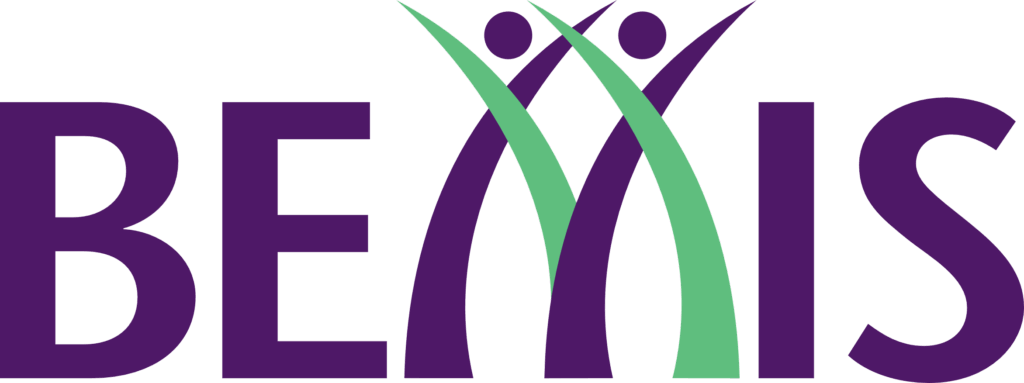
How do practitioners, interpreters and service users work through the challenges of intercultural communication in health care settings?
What can we learn from their experiences?
Where do they need support?
Towards a Training Model for Effective Ethical Translation in Health Care Settings in Scotland:
Drama based training tool across a range of health and social care settings have been developed. Five film-based training scenarios were developed for the education of health care practitioners, interpreters working in health care settings and migrant service providers and users. Through analysis of interviews, documenting of their experiential learning and engagement with the literature, we evidenced how practitioners managed aspects of practice and hence rather uniquely have created filmed scenarios developed directly from practitioner experience of interpreting in health care.
• Improvement in measurable outcomes of uptake of clinical and healthcare prescription and advice and improvements in EM and migrant trust and access to health care.
• new knowledge about the nature of trust in translation settings, the therapeutic role of translation, the potential for drama in the training of translators, the viability of intercultural and translation models in healthcare settings
• Improvement in efficiency of three way communication between patient, professional and translator (measurable post project)
www.gla.ac.uk/ethicalinterpreting
The DVD presents the main output of a 2-year research project into the delivery of effective intercultural communication in healthcare settings. A reiew of theory, method, policy and practice highlighted the need intercultural communication in interpret-mediated health encounters. Interviews with healthcare providers, interpreters and service users explored personal and professional experiences of intercultural communication in clinical and community settings. Based on this work five short educational films were developed that depict different aspects of the professional, personal and emotional issues and challenges of practice. Presenting multiple perspectives, the aim of the material is not to offer definitive solutions to overcoming the ‘language problem’ in healthcare, but represents an opportunity to engage with the reality of intercultural communication in practice. These films can be used on their own or alongside a set of user-friendly support materials available online:
Informal disclosures (French)
http://vimeo.com/78348633
When family members interpret (Russian)
http://vimeo.com/78353194
Understanding the interpreter’s role
https://vimeo.com/78347287
Encountering Awkward characters (Italian)
http://vimeo.com/78416475
Tensions between personal and professional boundaries (Pashtu)
http://vimeo.com/78351492
